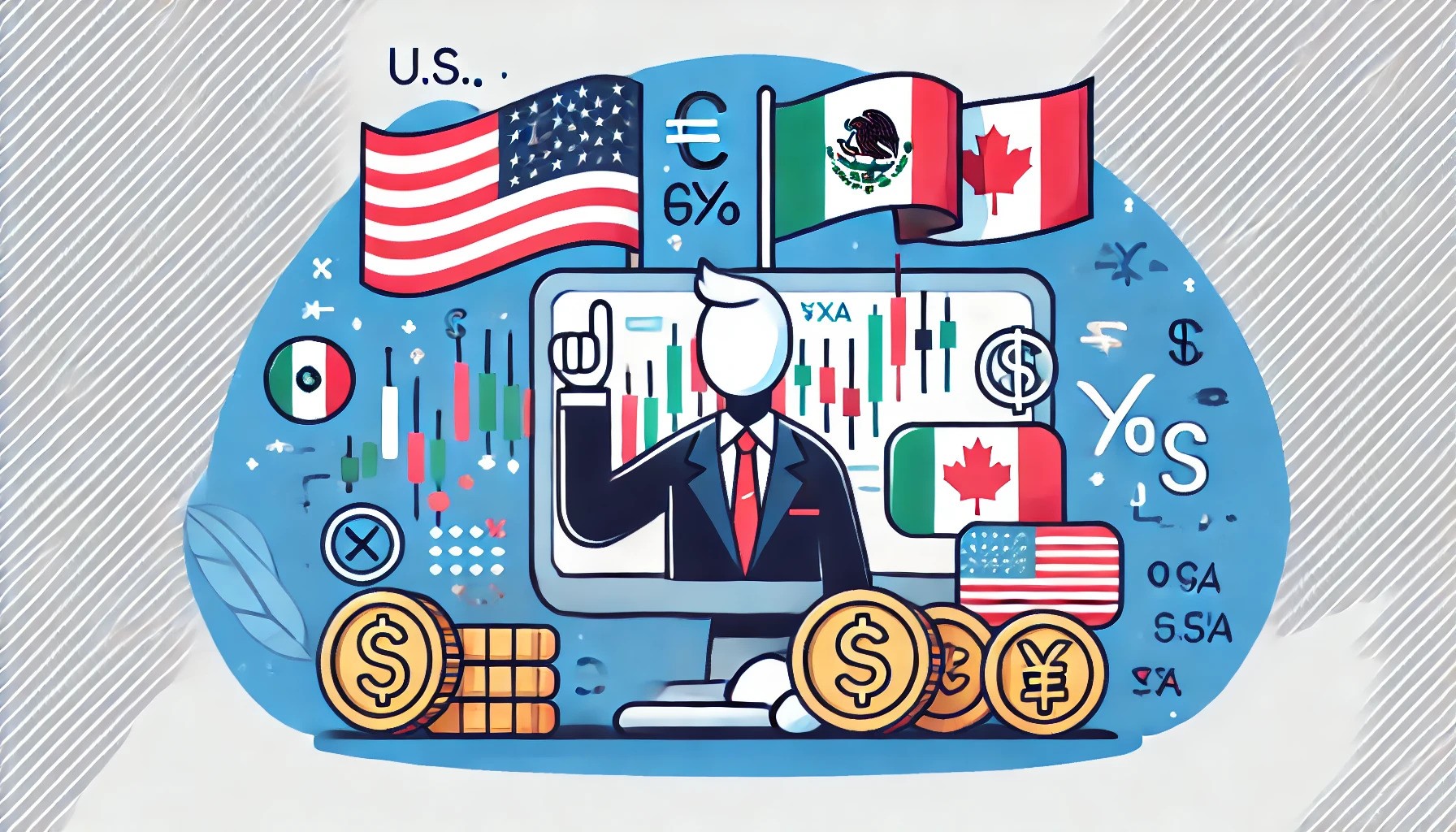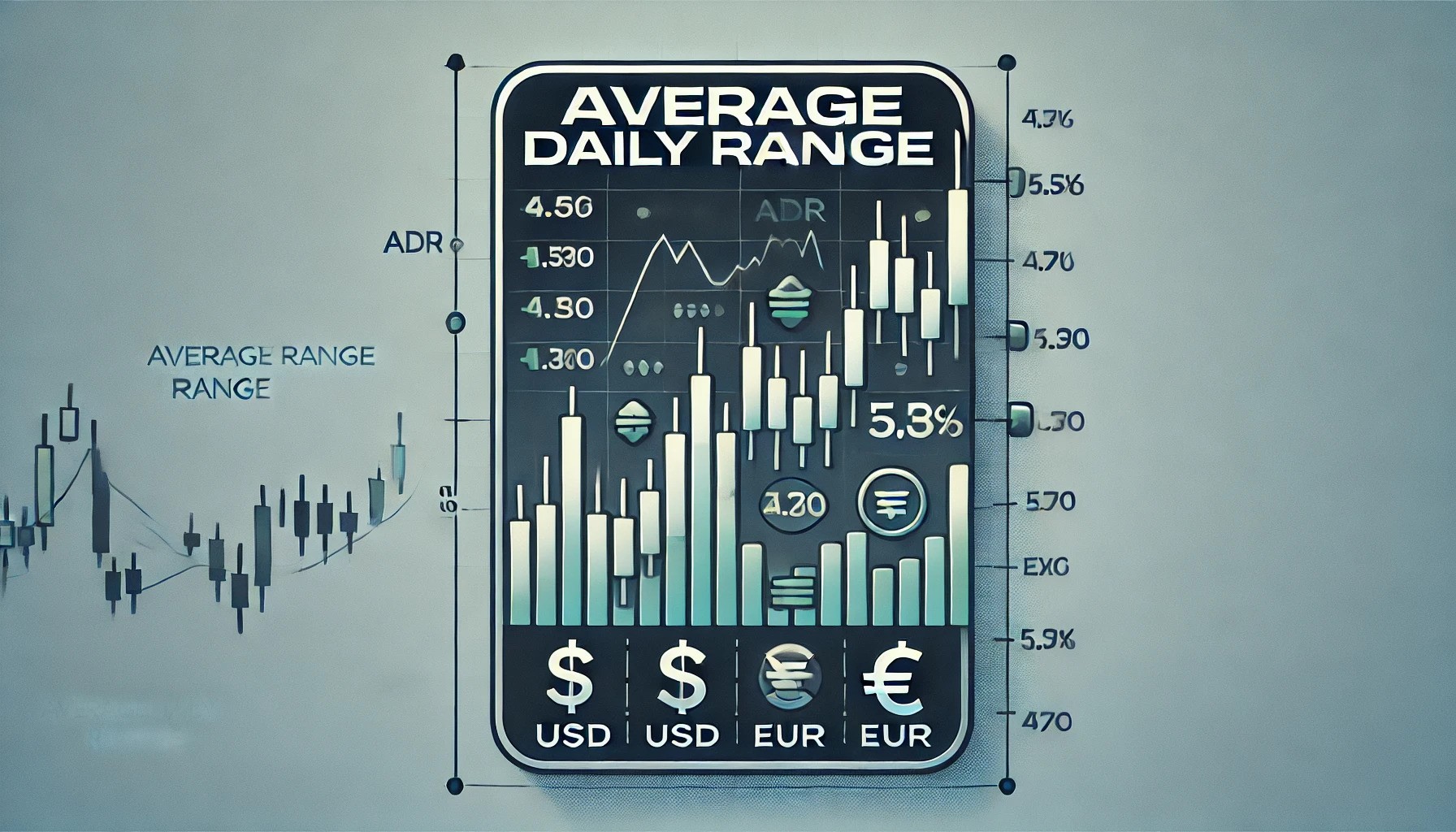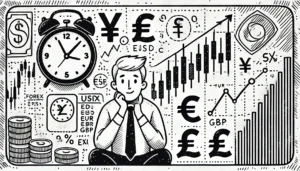In the past, only individuals who were fortunate enough to be employed by large financial institutions had the privilege of participating in the dynamic world of the stock market. These exclusive entities held a virtual monopoly over the mechanisms of trading. Wielding their financial expertise and resources to navigate the intricate landscape of stocks, bonds, and commodities.
Nevertheless, as we reflect on the journey of the past quarter-century, it becomes apparent that a notable transformation has unfolded. This transformation is attributed to multifaceted developments that have seamlessly converged to reconfigure the dynamics of trading. For instance, the advent of low-cost brokers and the proliferation of Internet trading platforms have spearheaded a paradigm shift. An era where access to the trading arena is no longer monopolized by a privileged few.
In summation, the trajectory of the past 25 years has ushered in an era of convergence. Technological advancements and innovative trading platforms have synergized to level the playing field. This progression has not only reshaped the landscape of trading. It has also propelled the aspirations of countless individuals to explore the world of trading with newfound confidence and accessibility.

Discovering a fulfilling vocation through day trading is entirely plausible, provided you navigate it skillfully. Nevertheless, the journey can prove to be quite demanding for novices. Particularly in the absence of a meticulously crafted game plan. Even adept day traders encounter hurdles and occasional financial setbacks. We will delve into the intricacies of day trading, aiming to provide you with a comprehensive comprehension of its nuances.
Basics of Day Trading
Engaging in day trading involves the strategy of purchasing and subsequently reselling a stock within the confines of a single trading day. Among the multitude of trading markets, it’s the foreign exchange and stock markets that stand out as the most heavily trafficked. Within the community of day traders, a substantial proportion boasts both a strong educational background and ample financial resources. Their modus operandi usually revolves around the deployment of short-term trading tactics. Strategically capitalizing on minute fluctuations in value within exceedingly fluid stocks or currencies.
Possessing an adept grasp of short-term shifts within the market landscape is a hallmark of proficient day traders. It’s a prevailing practice for these traders to execute well-timed trades grounded in the impetus of breaking news. The intricate interplay of market psychology and anticipations significantly sways the course of events, especially in relation to anticipated announcements encompassing economic data releases and shifts in interest rates.

Markets react quickly and dramatically when expectations are not met or are exceeded, which can be beneficial for day traders. Day traders employ numerous intraday strategies, including:
- Scalping: With the scalping strategy, it is possible to make numerous small profits with minimal price changes during the day.
- Range Trading: This strategy primarily uses support or resistance levels to determine when to buy or sell.
- News-based trading: Traders use news-based strategies to take advantage of increased volatility during news events.
- High-frequency trading (HFT): High-frequency traders use algorithms to exploit short-term or small market inefficiencies.
How to Start Day Trading
After acquiring a strategy that exhibits promise within a controlled simulator environment, you can contemplate taking the next step of transitioning to active trading using a live account. This pivotal phase marks the evolution from theoretical proficiency to practical implementation in the dynamic realm of real-market dynamics.
To do this, you need to take the following steps:
- Transfer money to a brokerage account.
- Create a trading plan that you can review every morning.
- Prepare your watch list in the morning.
- Stick to your trading plan.
- Review your trades in the evening.

Beginning your journey into the world of finance with a well-considered pace is a fundamental piece of advice we strongly extend to those budding enthusiasts who are stepping into the domain of real accounts. Instead of leaping impulsively with unbridled eagerness and embracing transactions of utmost scale, it’s judicious to embrace a methodical strategy. This approach permits you the indulgence of time, aiding in your adaptation to the intricacies of actual market participation. This gradual assimilation affords you the opportunity to cultivate self-assurance and intimacy, effectively easing your transition into the dynamic expanse of the financial arena.
Bottom Line
In summary, engaging in daily market activity offers an intriguing path towards possible financial rewards, albeit one that requires a notable degree of expertise and determination. The combined endeavors of those involved, encompassing both institutional entities and individual aficionados, greatly impact the liveliness and adaptability of the market. While this form of engagement retains its appeal, it’s crucial to acknowledge that this avenue should be pursued solely by individuals possessing the necessary know-how and assets, guaranteeing a judicious and measured approach that harmonizes with sustained achievement.
Trump’s Tariffs on Mexico and Canada: How They Could Impact the Forex Market
Introduction Trade policies and tariffs play a significant role in shaping global economies, and their effects often ripple through financial markets,…
Delayed Gratification – The Power of Practicing It
Delayed gratification is the practice of resisting the temptation for an immediate reward in favor of a larger, more enduring…
DXY – The First Quarter of 2025: Ideas and Potentials
The U.S. Dollar Index (DXY) is one of the most critical indicators in global financial markets. It reflects the value…
What Does the Trump Presidency Mean for Forex Trading?
The Trump presidency, characterized by its unconventional policies and rhetoric, had profound implications for global financial markets. Forex trading, being…
Average Daily Range (ADR) in Forex Trading
The Average Daily Range (ADR) is one of the most popular metrics in Forex trading, offering traders valuable insights into…
Fixed vs. Growth Mindset in Forex Trading
Forex trading, often considered one of the most challenging financial markets, requires more than just technical analysis and market knowledge….










